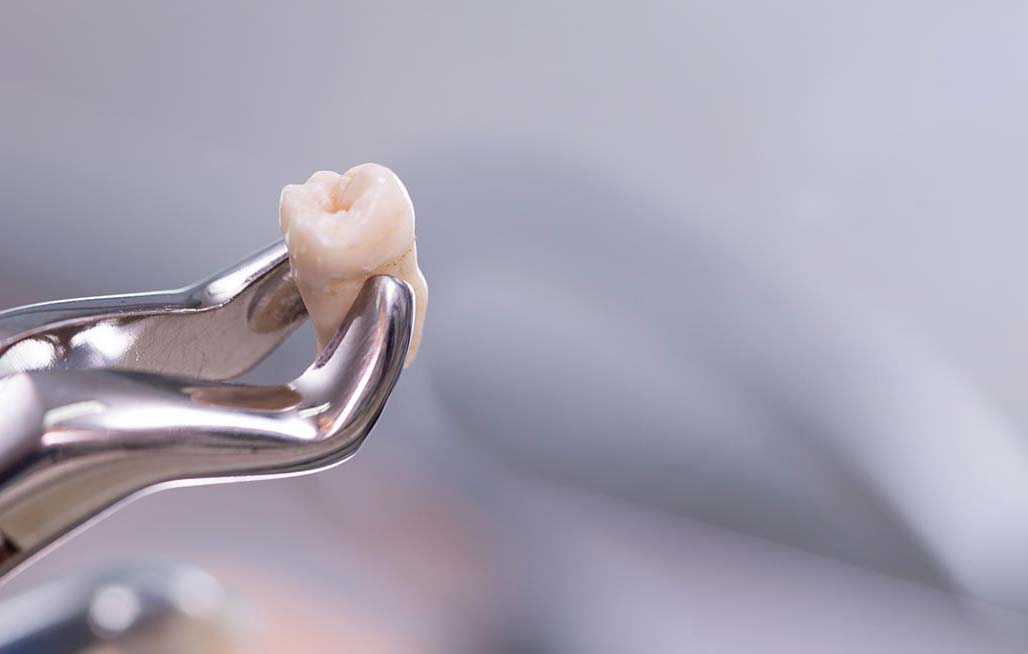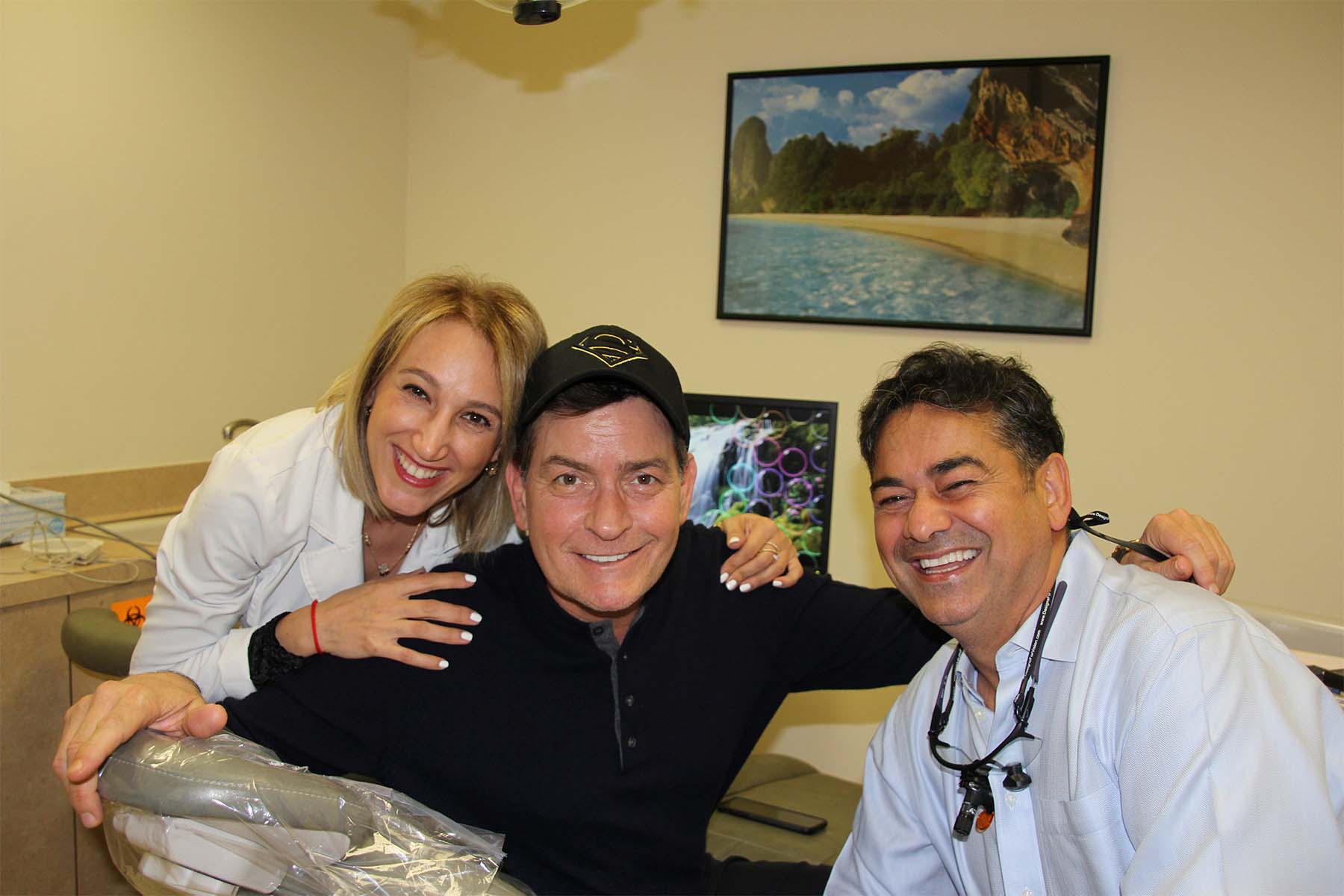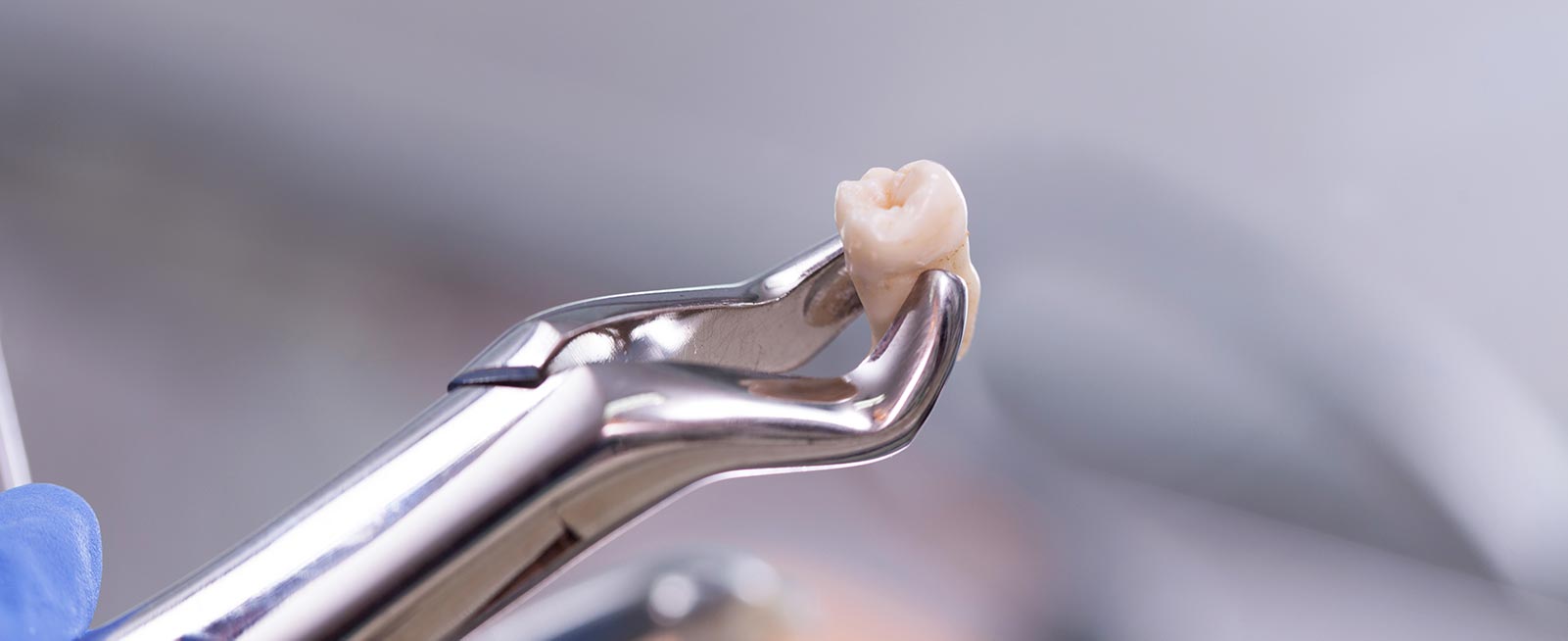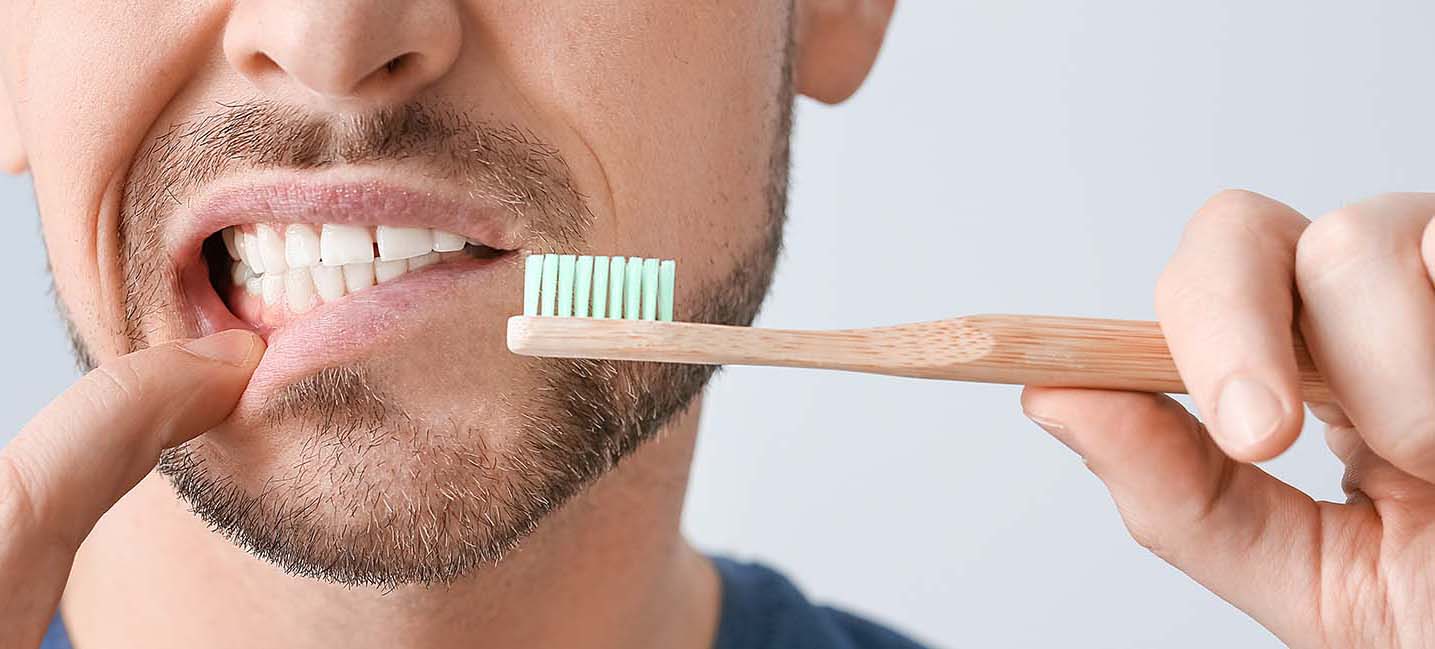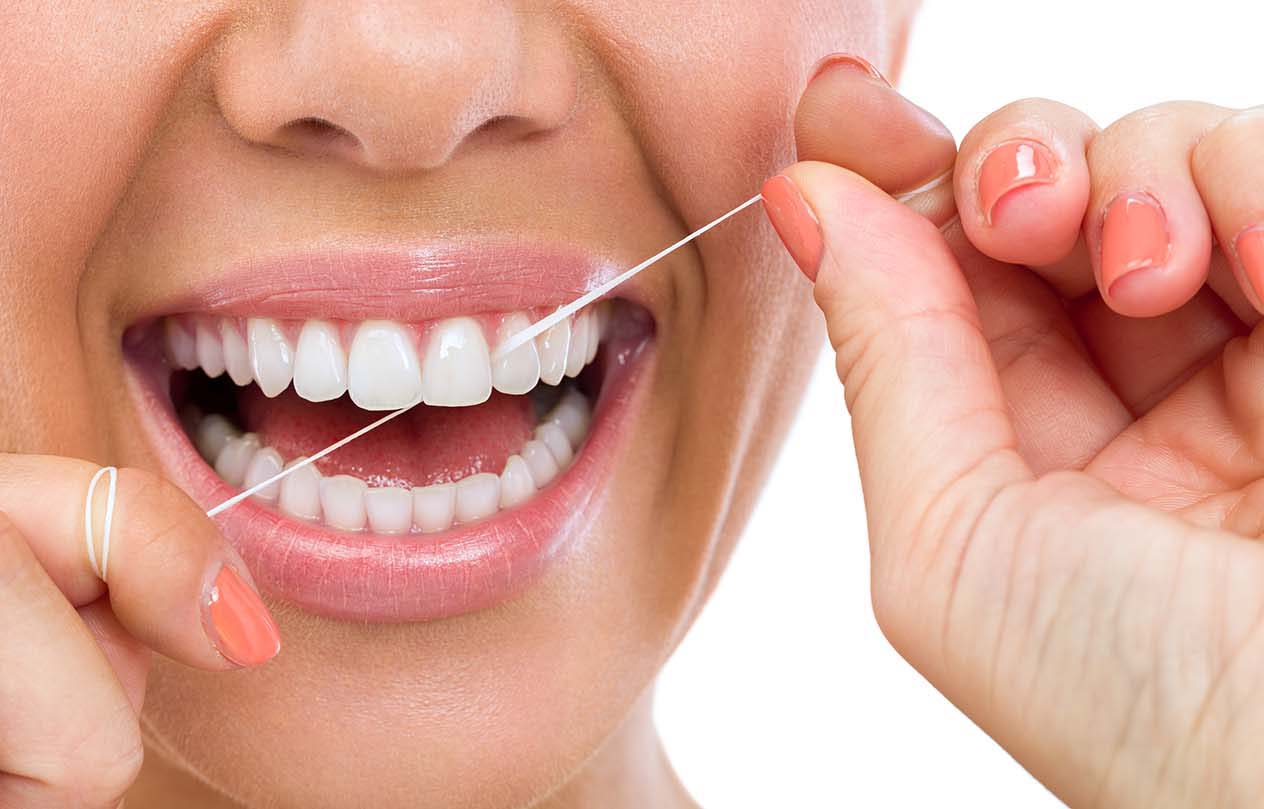Can receding gums grow back? This is a pressing question often raised by dental patients in Los Angeles, especially when they discern their teeth appearing longer than they used to. Los Angeles gum recession treatment is sought after, not just because gum recession – a condition where the gums start to pull back, unveiling more of the tooth or its root – is prevalent, but also due to the associated aesthetic and health concerns. There are various reasons behind gum recession, and if you’re anxious about the changing contour of your smile or pondering, ‘Do receding gums grow back?’, Southland Dental Care is poised to assist. Connect with our team of dental professionals for comprehensive insights and expert guidance on your gum health.
What is Gum Recession?
Gum recession occurs when your gums begin to recede. This means they appear to shrink leaving your teeth looking longer and your gums much smaller. It’s a common problem, but it’s one you should pay close attention to because gums do not grow back. Your gum recession will not reverse itself, replenish itself, or change at all if you don’t call to ask about Los Angeles gum recession treatment. You get one chance to stop this problem before it grows worse, but it only happens when you call and get the help you need.
How Do Gums Recede?
Gums recede for various reasons. Did you know your oral care habits play a role in this occurrence? If you don’t brush correctly, you can cause your gums to recede. If you brush too hard, you can push them down. If you grind your teeth, the pressure can cause your gums to recede. Even specific lifestyle choices can affect the way your gums grow or don’t grow over time. You want to be sure you’re not allowing your gums to recede, though it’s not always easy to know this is happening.
You might not notice it as it is happening. It’s not painful in most cases, but you will notice one day your teeth look longer. Perhaps an old photo in which you are smiling will alert you to some changes in your smile. Whatever it is, you want to call the moment you notice your gums receding to schedule an appointment to discuss the problem.
Are Receding Gums Dangerous?
Yes, receding gums are dangerous to your health. Gums are not just there to look good in your mouth. Your gums are there to help keep your teeth safe and protected. Gingiva attaches your teeth to the bones in your jaw. It also creates mucus that’s used to protect the gums and cheeks. This is not mucous that causes health problems but rather mucous that helps minimize the risk of health problems occurring when bacteria and other germs enter the mouth.
Additionally, the gums help protect the root of your teeth. The roots are covered by the gums, which helps keep them safe and free of infection and other issues. Exposure allows roots to become more susceptible to decay. Gum recession increases your chances of losing your teeth naturally as well as by dental assistance because of health problems.
Can Receding Gums Grow Back?
Receding gums are a dental concern many individuals face, often leading them to wonder: “Can receding gums grow back?” Let’s delve into the details of this important question.
Why the Question: “Do Receding Gums Grow Back?”
When our gums recede, they leave more of our tooth and its root exposed. Not only does this affect our aesthetic smile, but it poses health risks too. This naturally brings forth the anxiety-driven query – can receding gums grow back?
The Biology Behind Gums
To answer, “Can receding gums grow back?”, we need to understand gum tissues. Gums, or gingiva, are made of soft tissues that offer protection to our teeth and underlying bones. They’re not regenerative like certain body tissues, meaning if they get damaged or recede, they don’t naturally regenerate or grow back in the same way that skin might.
So, Can Receding Gums Grow Back on Their Own?
Regrettably, the simple answer to “can receding gums grow back” is no. Once your gums have receded, they can’t return to their original position on their own. Hence, the emphasis on preventive measures and early interventions.
Treatment Options: Can They Help Receding Gums Grow Back?
While the natural process doesn’t allow receding gums to grow back, modern dental treatments can provide solutions. These treatments don’t exactly make the receding gums “grow back”, but they can restore the gum line to its more natural position, offering the appearance and protection as if the gums have grown back.
Prevention: The Best Approach
Given that receding gums can’t grow back naturally, the best approach is prevention. Regular dental check-ups, proper brushing techniques, and a healthy lifestyle can prevent or slow down gum recession.
The Consequences of Ignoring Gum Recession
When gum recession goes unchecked, the repercussions extend beyond aesthetics. One of the most severe consequences is tooth loss. But how are receding gums related to this?
Gums serve as protective barriers. When they recede, more of the tooth’s root gets exposed, making them vulnerable to decay. Over time, this weakening can lead to the teeth becoming loose and, eventually, falling out. It’s a detrimental cycle: receding gums can lead to tooth loss, and tooth loss can further exacerbate gum issues.
Dental Implants: The Solution to Tooth Loss
For those who have unfortunately lost teeth due to unchecked gum recession, there’s hope in dental implants. While it’s crucial to address the root cause (gum recession), replacing lost teeth is equally essential for oral health and aesthetics.
At Southland Dental Care, we pride ourselves on offering the best dental implants in Los Angeles. These implants not only restore the appearance of a full smile but also provide the functionality of natural teeth, ensuring you can eat, speak, and smile with confidence.
Los Angeles Receding Gum Treatment Options
To sum up the question, “Can receding gums grow back?” – while they can’t naturally regenerate, there are treatments available that can help restore the appearance and function of healthy gums. If you’re concerned about gum recession, don’t wait. Seek professional guidance to discuss potential treatments and preventive measures.
Your gums aren’t going to grow back on their own. Once they’re in the process of receding, they’re not going to reverse their growth. However, you can stop it from becoming worse. Every treatment is different, and every treatment is individually designed for the needs of each patient. Your dentist will help you decide which treatment option is best for you based on your oral health history and the condition in which your gums are in when you visit.
Some dentists want to replace your missing gums with a graft if the recession is too far advanced. Others perform a pinhole surgery. This involves pulling the gum tissue in your mouth over your roots if they are exposed and forcing them into the shape they want. If your gums are receding, your dentist will test to see if you have any signs of disease in your mouth that must be treated prior to repairing your gums.
Los Angeles gum recession treatment is an option if your mouth is changing. You want your gums not only to keep your smile beautiful but to keep your teeth healthy. If you’re noticing the signs of gum recession, you’re going to notice there is not much you can do but call the dentist right away. Our offices want to hear from you, so give us a call to schedule your first appointment.





